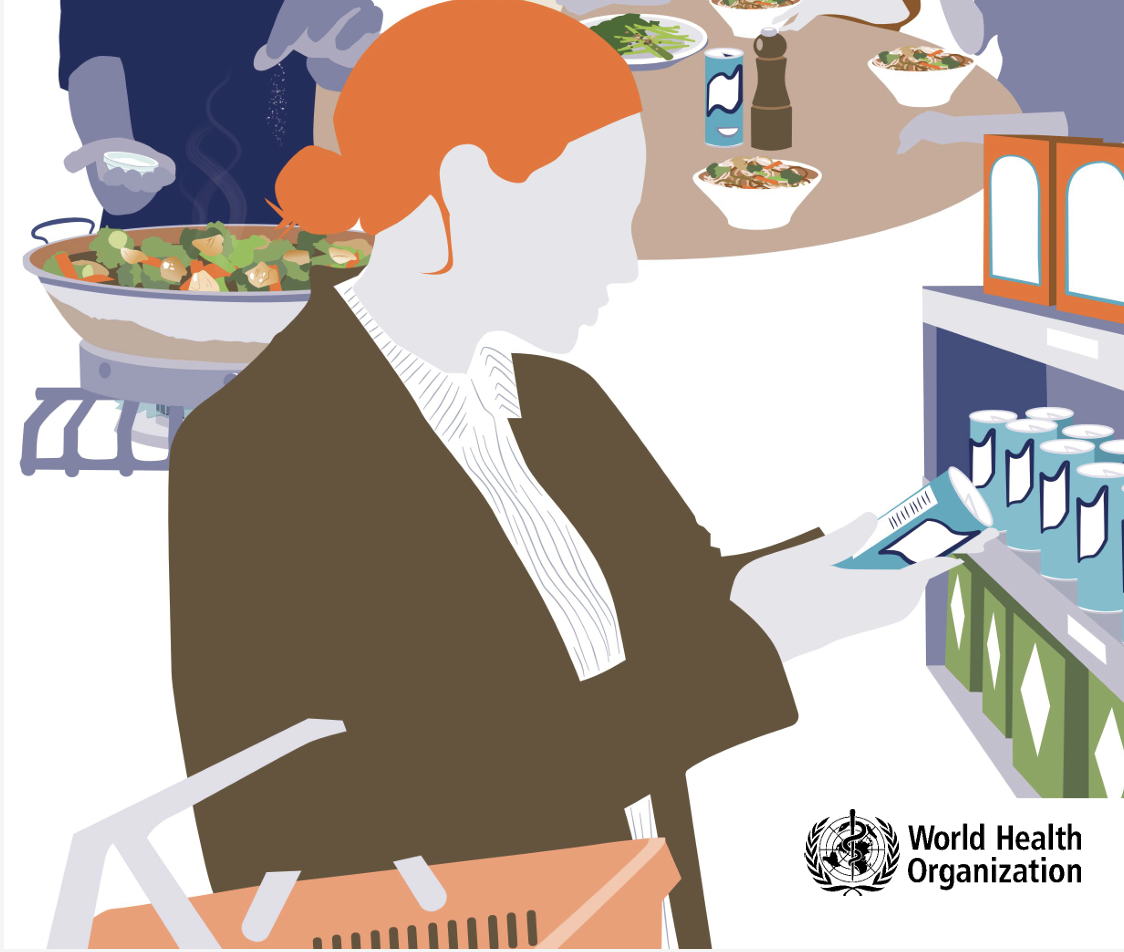The World Health Organization’s (WHO) recent recommendation to replace regular table salt with lower-sodium salt substitutes containing potassium is a significant step in the global effort to tackle raised blood pressure and cardiovascular disease. The George Institute for Global Health and Resolve to Save Lives strongly support this recommendation, which has the potential to save millions of lives worldwide by addressing two of the leading risk factors for cardiovascular disease: high sodium intake and low potassium intake.
Lower-sodium salt substitutes, also known as potassium-enriched salt, are an alternative to regular table salt (100% sodium chloride) in which part of the sodium chloride is replaced with potassium chloride. Potassium is an important mineral that plays a crucial role in regulating blood pressure, fluid balance and overall heart health. By switching to lower-sodium salt substitutes, individuals can reduce their sodium intake and simultaneously increase their potassium intake which helps counteract the harmful heart effects of excess sodium. (People with kidney disease should consult their medical provider before using low-sodium or other potassium-containing foods).
While the WHO recommendation applies specifically to discretionary salt—the salt that people add to their food during cooking or at the table— a switch in processed and packaged foods would also be beneficial to health.
In addition to WHO’s endorsement, the European Society of Cardiology (ESC) updated its hypertension guidelines in 2024 to recommend that individuals with high blood pressure substitute potassium enriched salt for regular salt as a key non-pharmacological treatment for managing blood pressure and cardiovascular risk. This international consensus underscores the effectiveness of lower-sodium salt substitutes as a public health solution for reducing the burden of cardiovascular disease.1
Professor Bruce Neal, Executive Director at The George Institute for Global Health, said, “This is a game-changer for global health. WHO’s endorsement of lower-sodium salt substitutes is a step toward large-scale, evidence-based interventions that can make a real difference to the lives of people everywhere. The health benefits of switching to lower-sodium salt substitutes are well established, and this recommendation offers a practical way to lower blood pressure and prevent cardiovascular disease.”
The George Institute for Global Health is at the forefront of the global initiative to switch the world’s salt supply. This work, in partnership with leading research organizations, has contributed to the body of evidence supporting the effectiveness of lower-sodium salt substitutes.
“By making lower-sodium salt substitutes more widely available, accessible, affordable and acceptable we can reduce the global burden of heart disease and stroke, particularly in low- and middle-income countries where the impact of these diseases is disproportionately high,” Professor Neal added.
“Most people today consume far too much sodium and nearly everyone consumes too little potassium – switching to potassium-enriched low-sodium salt could save your life,” said Dr. Tom Frieden, President and CEO of Resolve to Save Lives. “By recognizing the life-saving potential of lower-sodium salt, WHO has opened the door to more widespread use. The next step is to make it available and affordable to home cooks around the world and to include it in restaurant and packaged foods. Lower-sodium salt could be the next big public health win.”
Resolve to Save Lives works with global and country partners to promote healthier food environments, including through comprehensive salt reduction strategies such as the use of potassium-enriched lower sodium salt.
The George Institute for Global Health and Resolve to Save Lives are committed to working with governments, industry leaders, and communities to ensure that the benefits of this recommendation are fully realised.
To learn more about lower-sodium salt substitutes click here. To find out which products are available in your country, use The George Institute’s product finder.
Media Contact:
About The George Institute for Global Health
The George Institute for Global Health is an independent medical research institute aiming to improve the health of millions of people worldwide by generating effective, evidence-based, and affordable solutions to the world’s biggest health challenges. Established in Sydney, with major centres in China, India, and the UK, it has projects in more than 45 countries and affiliations with world-class universities. In 2018, The George Institute was ranked the number-one independent research institute in Australia by Times Higher Education. Facebook at thegeorgeinstitute X @georgeinstitute Web georgeinstitute.org



